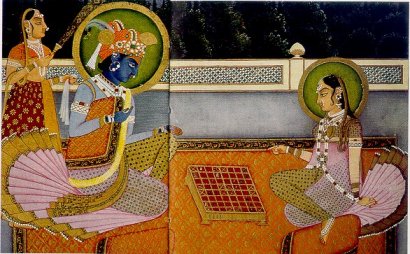
The most strategic and one of the oldest board games ever invented, is chess. It was first played 1,500 years ago in the Gupta Empire of India. It was initially known as "Chaturanga" and depicted hierarchal relations in Indian society and military commands. The four various branches were represented by pieces in the original game, i.e., infantry (pawns), cavalry (knights), elephants (bishops), and chariots (rooks). Each piece had some special moves like the corresponding military units. Chaturanga was played both as a form of entertainment and for wargaming simulations.

The game gradually spread further than India, moving westwards to Persia. Here, it transformed and was later known as “Shatranj”. The game kept the essential elements, but it transformed as well, with the addition of distinct rules and strategies. In Persian culture, the game was highly esteemed and regarded not only as a pastime but also acted as a symbol of intellectual and strategic intelligence. Old manuscripts from this era describe the precursor of chess as an activity that was popular among royalties and scholars, showcasing that it was deeply embedded in Persian intellectual culture.
In the 7th century the game expanded in a rapid manner throughout the Arab world due to the conquest by Islamic empires. The Arabs helped propagate and expand the game even more by codifying its rules and strategies. The extensive trade links and conquests helped spread the game even more, where it reached North Africa and later entered Europe. It underwent further changes here, slowly incorporating the features of chess as we understand it today.
During the medieval period in Europe, there were drastic changes in the rules of chess pertaining to specific game pieces. The queen and the bishop became more dynamic and influential, altering the general pace of the game and making strategic and tactical possibilities more effective. The past of chess has evolved the game into a strategic and complex game that is enjoyed around the globe, cherished as an intellectual battle and as a universal language that can transcend numerous cultures and generations.
References:
Chess.com
House Of Staunton
YouTube